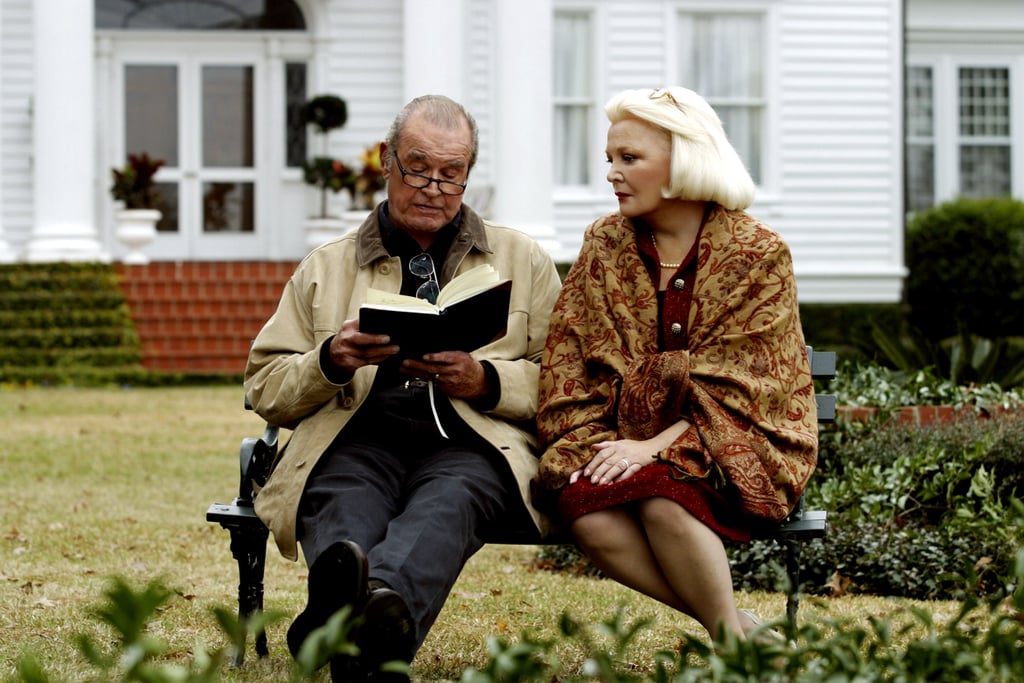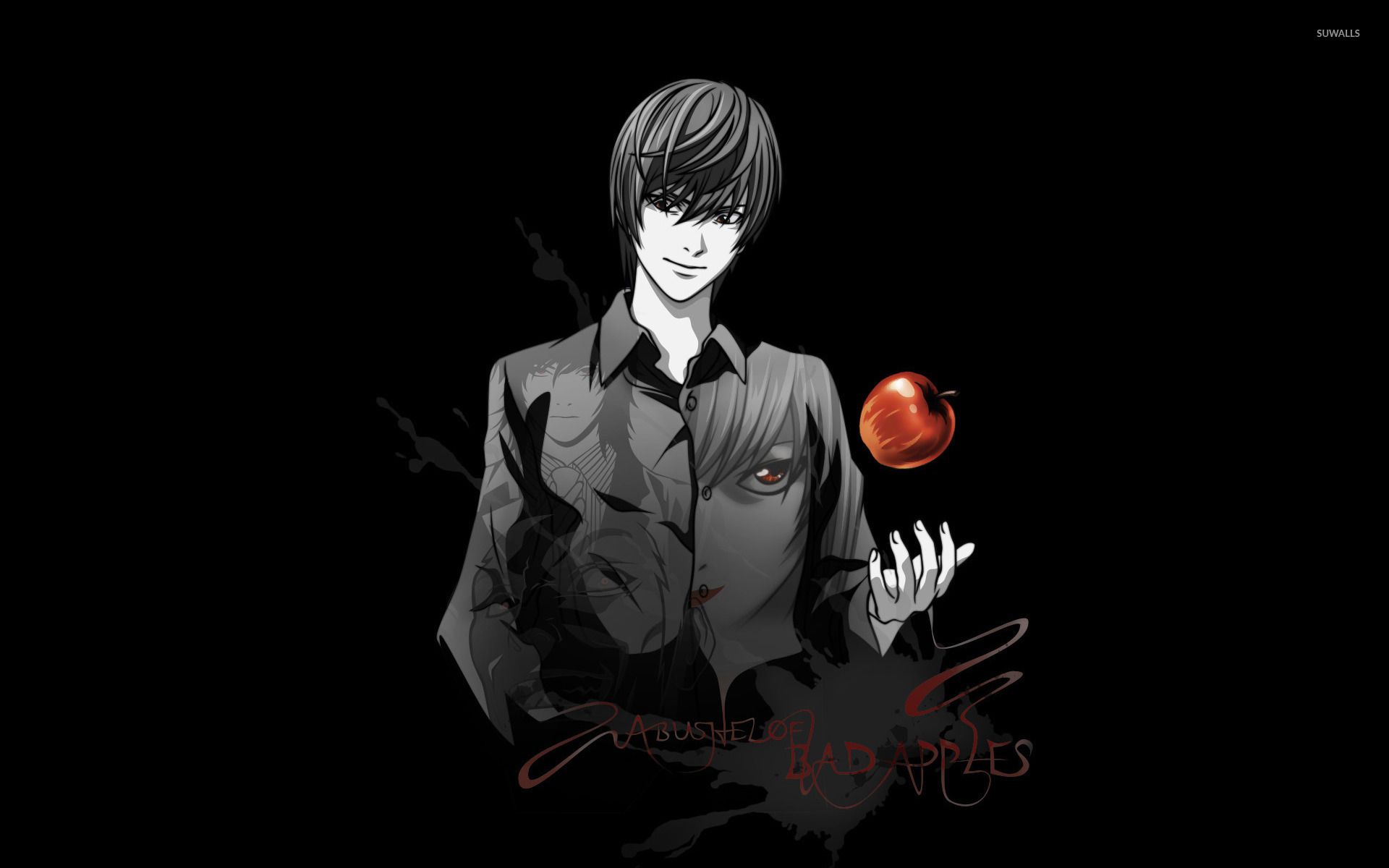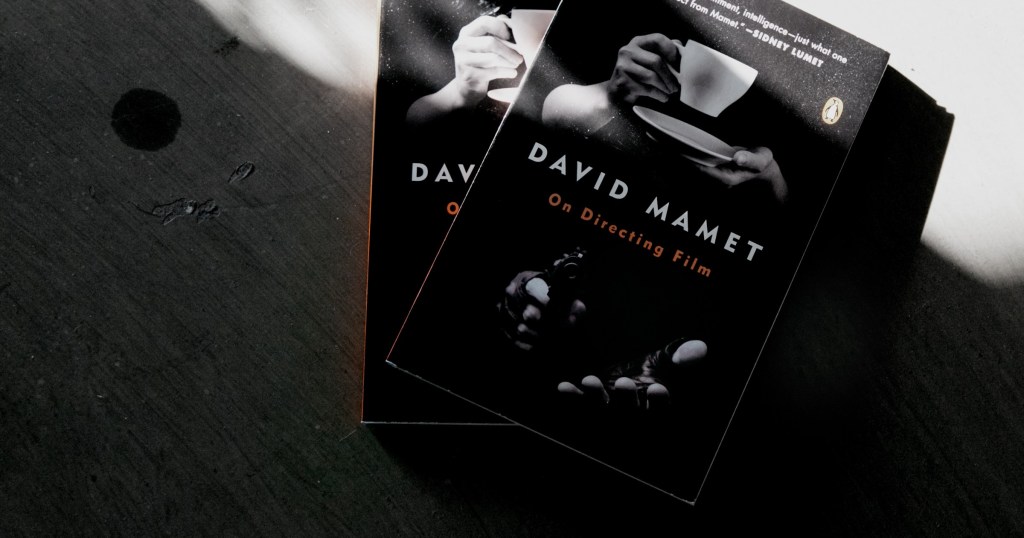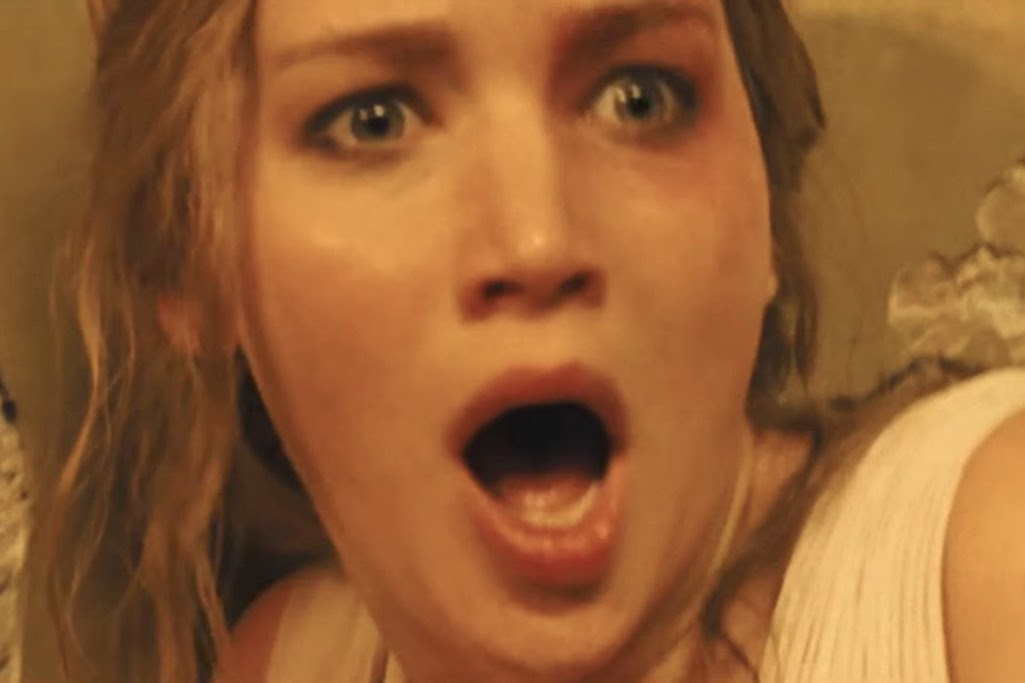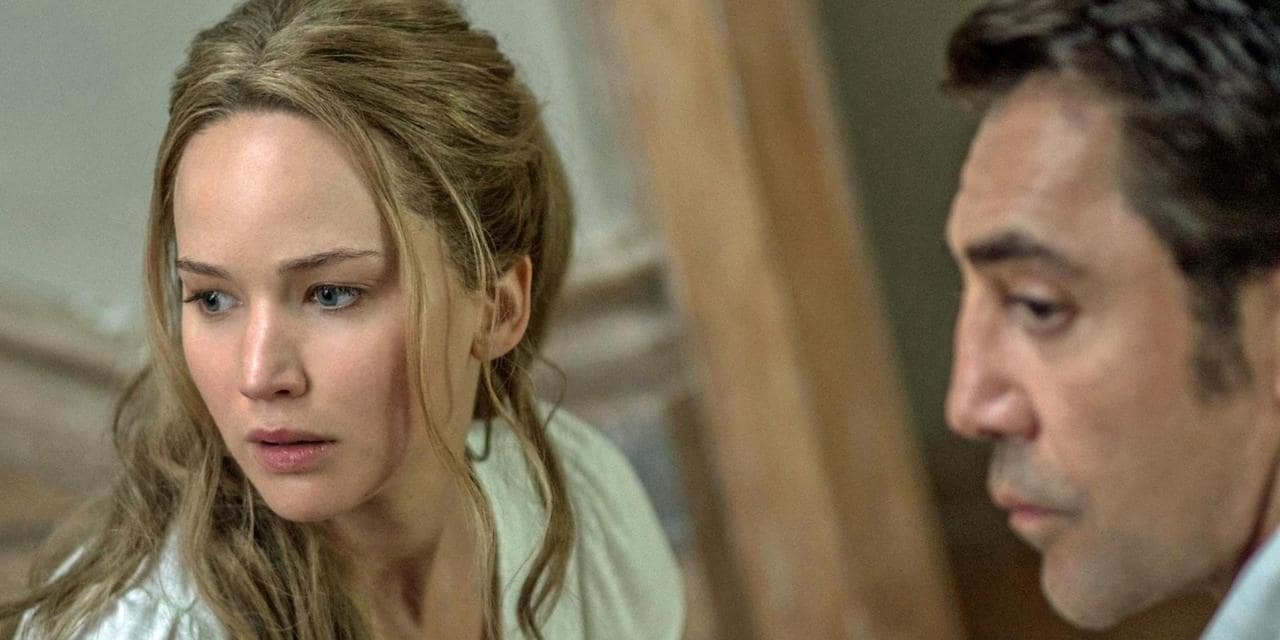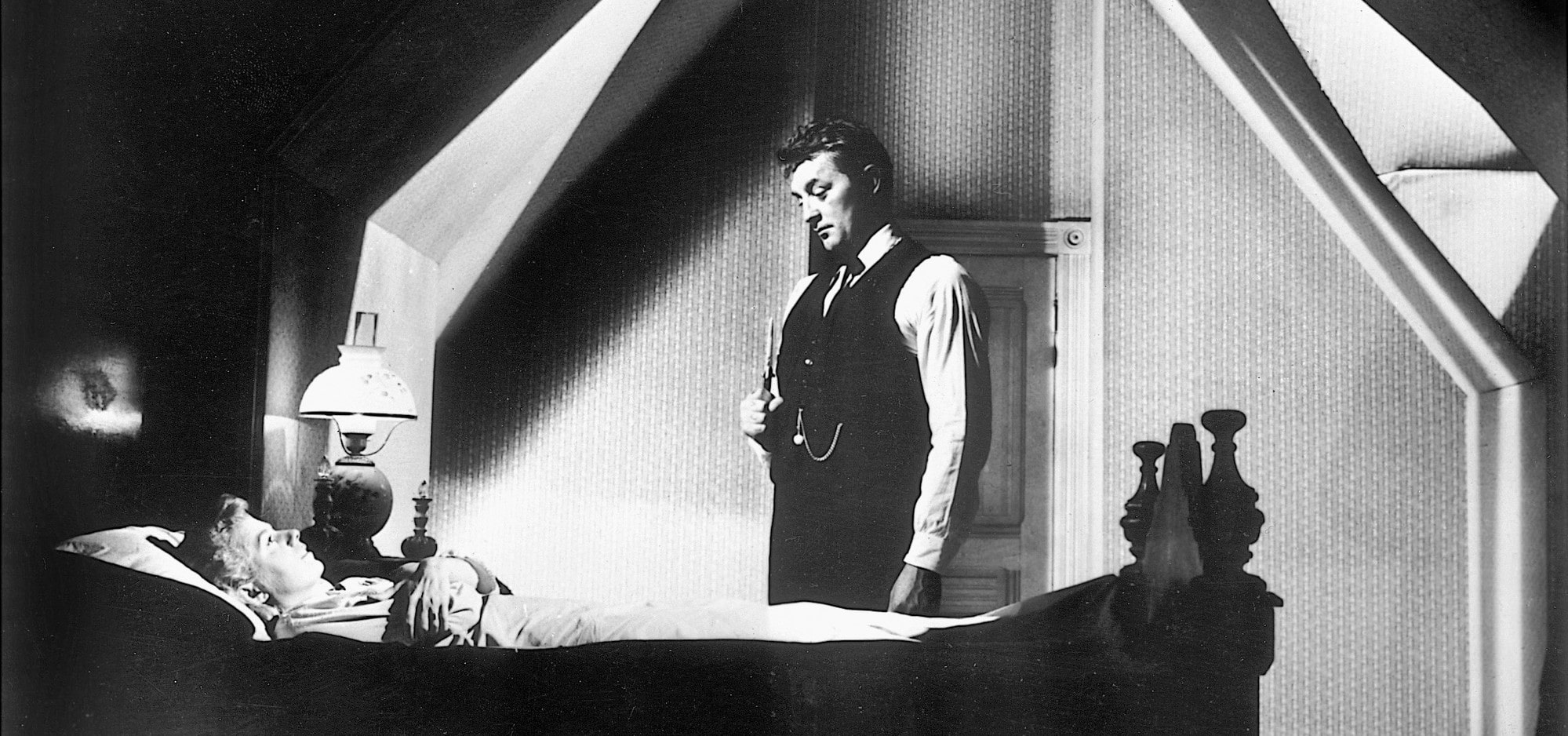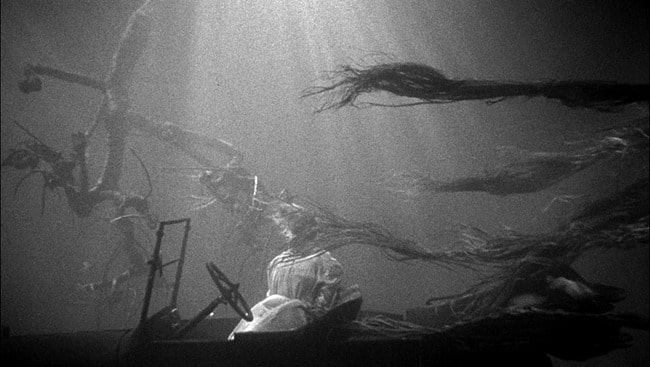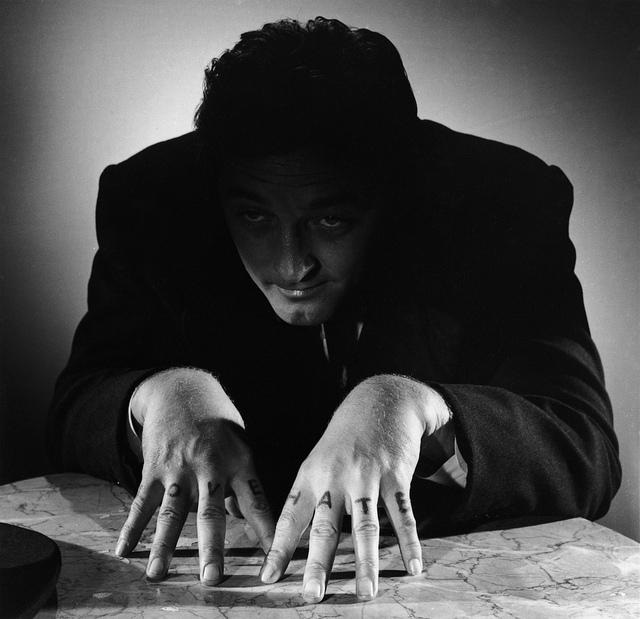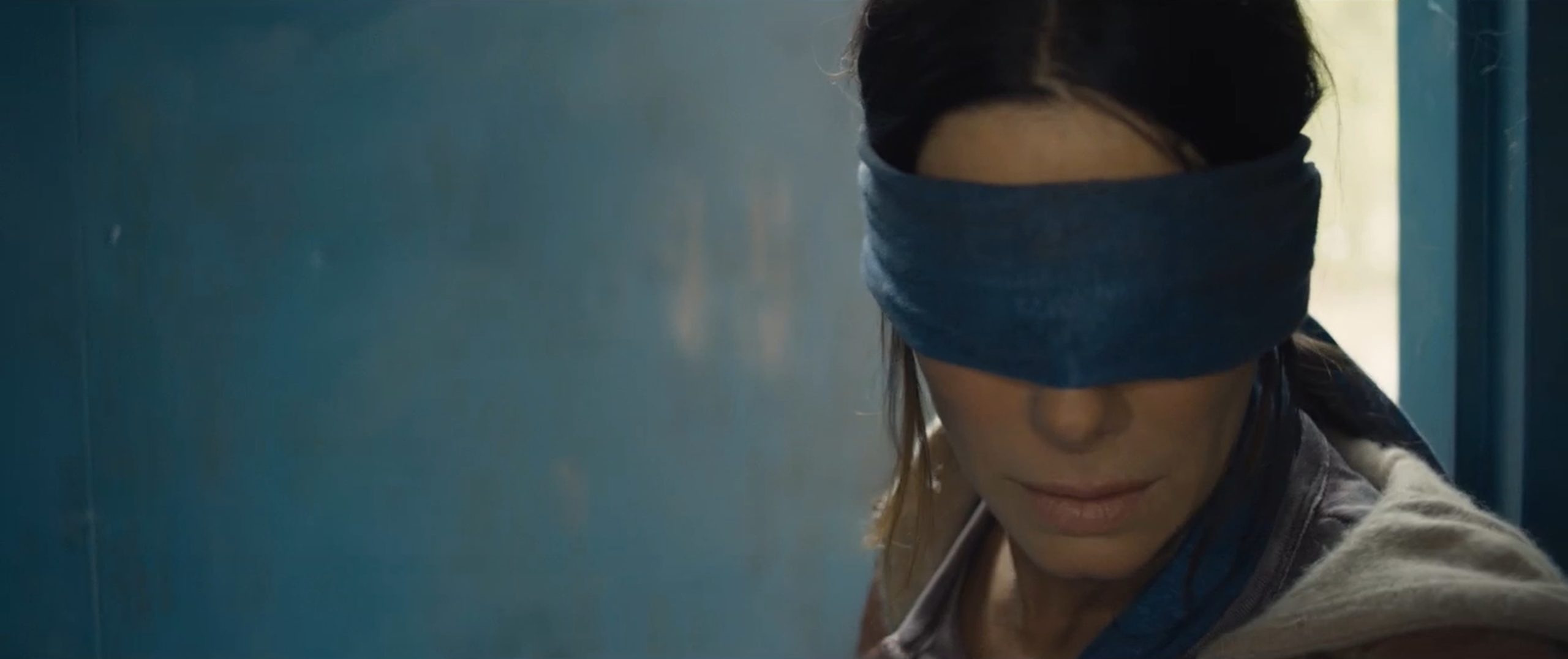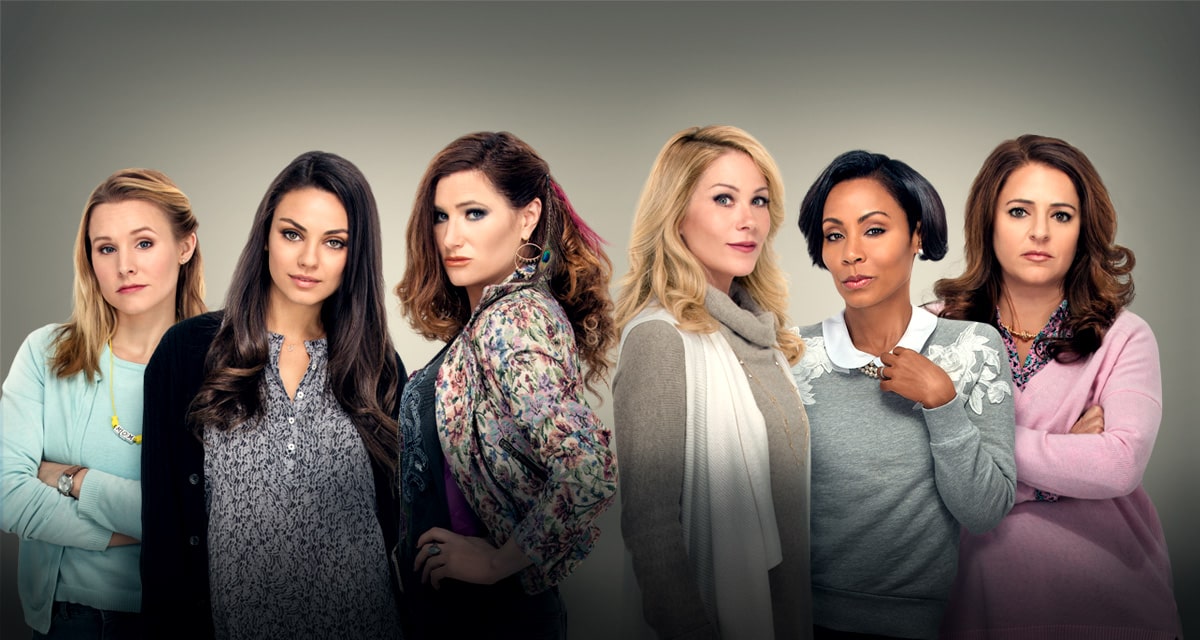
Bad Moms
Sometimes, I’ll treat myself to an absolutely shitty film. I mean the kind of rubbish that would send others to line up shots of bleach. But the world is a meaningless void of despair and anguish, and the only way I can fill the existential hole in my life is to reaffirm my mission through the sweltering rage that foments during these choice showings. I chose Bad Moms. Oh ho HOOOO, boy…you’re in for a treat.
Oddly enough, this pile of giraffe dung was penned by two men, not to mention all the Executive Producers were men. The only women in major, executive roles were the Production Designer and one of the two editors. Ay, fuck me Jerry!)
I’ve always thought that American comedy movies lacked any of the visual power of foreign films in the same genre – or even movies made here much earlier. This film depends almost exclusively on the dialogue, which in all fairness isn’t terribly sufferable – if you were to remove Mila Kunis’s hammy, wink-at-the-camera performances. There were a handful of funny moments, but the quality of performance embarrassed ME, and I didn’t even have a hand in this wangshaft shit-storm. I’m surprised Kunis’s career remained intact. This entire film was the acting equivalent of Harrison Ford’s voiceover in the Producer’s edition of “Blade Runner.” I’m not joking.
And while I get that this is a moooooovie, that it’s supposed to be unrealistic, there’s a limit. In theatres, I remember viewers who were unfamiliar with other wuxia-genre films (“Wire-Fu” action movies) laughing during Crouching Tiger, Hidden Dragon when the characters started flying through the air. It’s because they didn’t readily understand the story world, and Ang Lee didn’t set it up correctly (typical of that little bitch). He erroneously depended on the prior knowledge that a niche fan base would have (one familiar with the fantastic elements involved in this sect of Gung Fu movie lore). For some reason, he didn’t feel the need to address it to new, unfamiliar American audiences. It’s the reason that no one laughs when magic is cast during a Harry Potter film – they understand HOW MUCH belief to be suspended.
Bad Moms, however, boggles the mind, to the extent that you start asking odd, unrelated questions throughout – like, how the fuck are some of these broke-ass bitches paying for stuff? What do they and their husbands do for work? How many hours are in this day? What time is it that they having evening cocktails? Because it looked like they were watching a movie in afternoon (hopefully not some piece of shit like Bad Moms), then jumped to what looks like brunch. Fucking sunlight streaming in you sacks of fucking biowaste! If your marriage counsellor is telling you all marriages can be fixed, but then proceeds to tell you this one is hopeless after witnessing a single interaction, do you call out your therapist for being stupid and worthless at her job? (Please, Wonda Sykes, I never thought I’d say this, but if your only occupational options were therapist or comedian…puhhhlease go back to comedy!)
Ultimately, what this lack of realism does is make the relationship between everyone unbelievable and dumb. So, when the formulaic “drama” appears, you’re just like, “Eh, the dudes who wrote this will figure it out.” And, surprise, they fucking do, but not before long stretches of pointless, gratuitously overshot sequences of faces mobbing the camera – nearly winking at your stupid ass for having to sit through this mess – and an editing style that resembles a film student trying his hand at cutting his first music video.
I’ve heard about films that shoot excessive slow-motion footage to pad the runtime, and never fully believed the myth. Well, I’ve found my cinematic cryptid, and apparently this kind of crap flourishes within the chick-flick category. The Director of Photographer has an ASC credential (the equivalent of a cinematography PhD) and yet he shot a movie in the least-inventive way possible. There were even shots borrowed, inappropriately I’ll add, from movies like The Fast and The Furious. I get that there were references to this particular movie, but come on. You mix that shit in with greenscreen footage of the family in a muscle car pretending to swerve back and forth? Jesus.
One sequence of all the neighbourhood moms partying, which I thought was just to establish that they had a good time, went on for nearly 15 minutes. I’m not sure what the point was; we get it, it’s a fucking party scene. I gleaned that from the hordes flooding their oversized suburban home and dancing to loud music, what more would you like to add? Early in the sequence, they insert a couple quick visual jokes – unfunny, but clearly an attempt at joking: people pouring booze down their gullets (not really funny), a pair of women I’m presuming were straight but that started making out because they were inebriated (not really funny), and an occasionally goofy expression passed between characters. But what was the point of the LENGTH of this shit? And people give the driving scene in Solaris shit….
I don’t even need to tell you how the story ends. You know how it ends, because every movie like it ends in exactly the same way. So I’m not really sure what the point is in watching these films. Some critics compared this to Bridesmaids. This is no Bridesmaids. This is a sloppy, lazy, self-indulgent pile of shit that isn’t even intelligent enough to be called a “cash-grab.” It appeals to the lowest form of life and was so mundane that I had to pick up a book and read to keep my heart from slowing to the point of cessation due to the sheer boredom. The best part of my watching it was having the pleasure of writing about how fucking terrible it was.
AH! bad momsI feel refreshed! Life is now worth living again!!! Maybe I’ll take a walk. Maybe I’ll volunteer at an animal shelter. Maybe I’ll take up learning Japanese and do some travelling. Anything is possible; the world is my oyster! My day is brighter and clearer for this experience, like having a deep bad moms, emotional, artistic enema. Enjoy the day, beautiful people!

